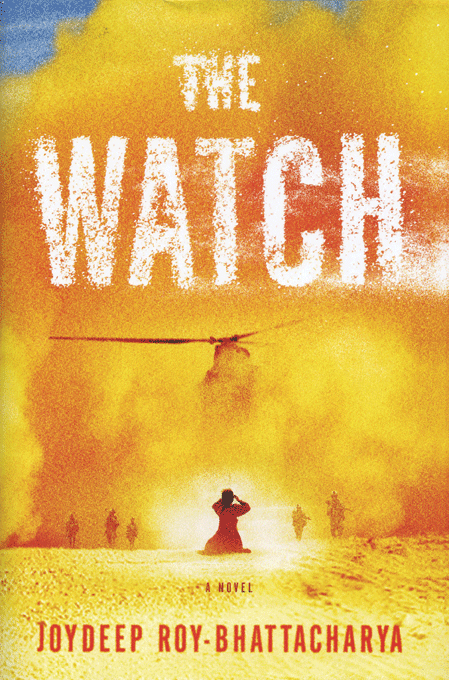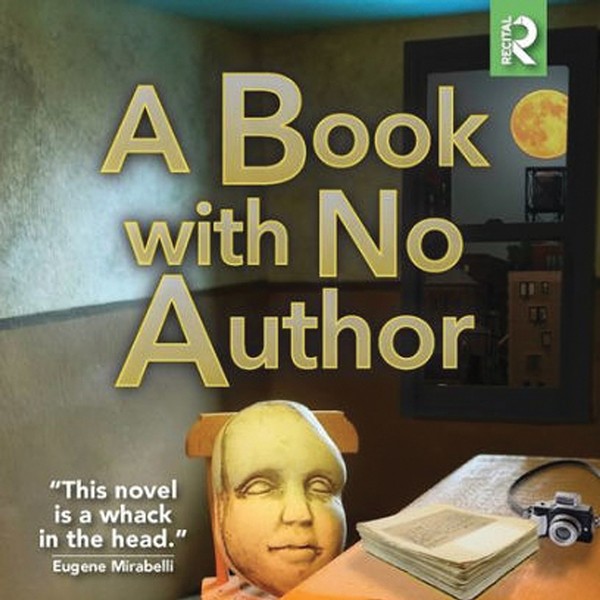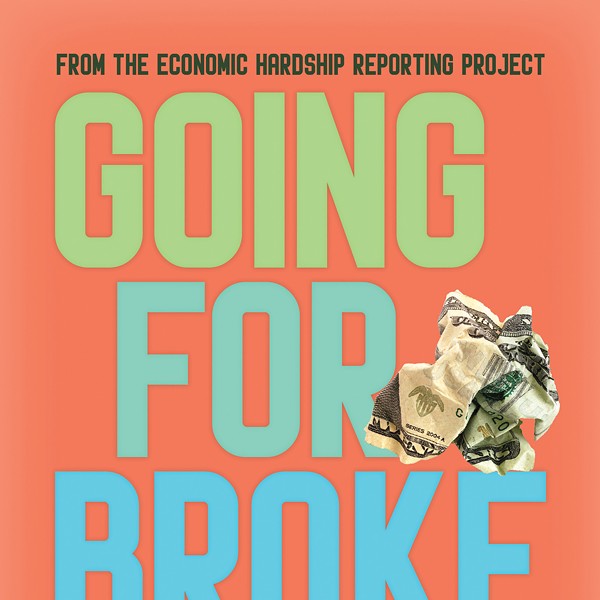Book Review: The Watch
[]
Therefore we must maintain authority
And yield no title to a woman’s will.
Better, if needs be, men should cast us out
Than hear it said, a woman proved his match.
—Sophocles, “Antigone”
With these lines at the end of The Watch, three great tragedies conjoin to stun us into silence: the familiar tragedy of “Antigone”; the tragedy of our enigmatic presence in Afghanistan, where the book is set; and—whether the author’s intent or not—the tragedy of our endless oppression of the female half of humanity. This jewel of a novel thus speaks to two great American calamities: a nation unable to stop making war, and a nation at war with women.
The Watch is the story of a desolate outpost in Kandahar, its dogmatic commander, his more contemplative officers, their baffled soldiers, a murderous firefight, and finally the appearance of a legless Pashtun girl (the Antigone figure), who arrives outside the post to claim the body of her older brother, slain in the fight.
The soldiers insist he was a Taliban leader. She insists he was merely a Pashtun warrior fighting invaders. Her presence unnerves the soldiers. She plays a lute at night and kills a sheep as a gift, unnerving them further. The post unravels. Her implacable will, as Sophocles warns, proves their match; to reveal more would be to spoil the reader’s experience.
The prosody of this indelible fable is the tension between what alienates and what binds us. We are hopelessly alien to each other, savage in our misunderstanding, and yet we understand that we have been recruited to a common tragedy—“we” being the soldiers, the girl, humankind. In Tarsandan Outpost diverse Americans confront both the impossibility of understanding each other and the Afghans, and the impossibility of not trying. At times a kind of lucid dreaming settles on the camp like fog.
Women back home abandon their men. Men become unmoored from their histories. The most thoughtful can’t fathom their purpose; they struggle to reconcile patriotism with decency. The seemingly least thoughtful arrive at horrendous questions: Pratt the sniper, notorious for his silence, suddenly asks what they’re doing in Afghanistan.
Nothing will end well, as the girl’s presence signifies—so does the fog, the wind, the breathtaking bravery of the Taliban. Bullets, dust, questions, and doubts pelt the soldiers. The West’s stupefying technological superiority hardly avails them against 50-year-old Kalashnikovs and 100-year-old bolt-action Enfields. These young Americans remind us of the “booted and buckled fool with his assortment of variously propelled junk” in Vladimir Nabokov’s That In Aleppo Once….
They are beautiful in their argot, their moments of near-mutiny, their openness to the one thing the politicians who sent them most fear—inquiry. These soldiers become the intellectual heroes their country least wants them to be.
The Watch is, among its many rewards, a feat of language. Rhinebeck author Roy-Bhattacharya has researched with a Joycean ear not only the way Americans from different places speak, but also the jargon of this new Sparta.
The legless girl, who incredibly has wheeled herself in a primitive cart with bloody hands over miles of jagged terrain, captures our admiration and the soldiers’. But we also admire these soldiers’ unremitting effort to behave humanely despite a by-the-book captain.
The Watch becomes far more than it purports to be. The author unerringly detects a profound, buzzing, stinging connection between a nation that cannot wage peace and its renewed oppression of women. What a triumph.

















